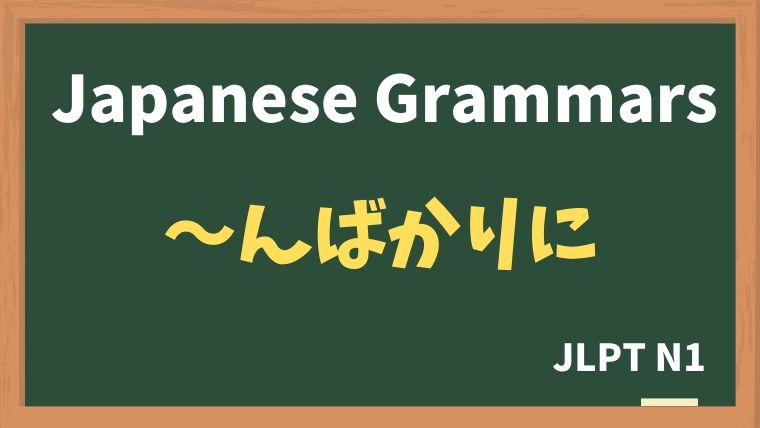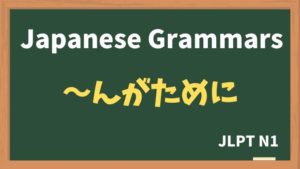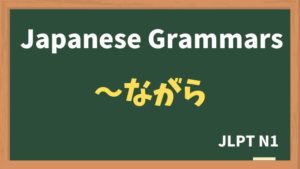
Explanation:〜んばかりに / 〜んばかりだ
fa-check-circleMeaning
"今にも〜しそうだ / ほとんど〜しそうな状態だ。(実際は〜していない)"
"as if to ~ / so much so that it seems like ~ / on the verge of ~"
Used to describe a situation where something is so intense or extreme that it seems almost like it is about to happen or is just about to be expressed.
fa-check-circleForm
V(nai form)ない + んばかりに〜 / んばかりのN / んばかりだ
※「する」は「せんばかり」
fa-check-circlePoints
- On the Verge of Happening: "〜んばかりに" is used when something seems like it's about to happen, even though it may not actually happen.
- Exaggerated or Intense Expression: It is used to emphasize that a certain action, appearance, or emotion is so strong that it gives the impression of being on the edge of occurrence.
- Formal and Literary: This is more formal and can often be found in literary works or formal writing.
fa-check-circleJLPT Level
N1
Sample sentenes
この絵は、あまりにもリアルで、今にも動き出さんばかりだ。
The painting is so realistic that it seems like it could come to life at any moment.
彼女は今にも泣き出さんばかりの顔をしている。
She has a face as if she might burst into tears at any moment.
家に帰ると、ペットの犬が「待ってたよ」と言わんばかりに尻尾を振っている。
When I got home, my pet dog was wagging its tail as if to say, 'I’ve been waiting for you.'
セール初日ということもあって、店内にはあふれんばかりの人がいた。
Since it was the first day of the sale, the store was packed with people.
JLPT N1に合格した彼は、飛び上がらんばかりに喜んでいた。
He was so overjoyed at passing the JLPT N1 that it seemed like he was about to jump for joy.
ショーが終わると、会場からは割れんばかりの拍手が沸き起こった。
When the show ended, the applause from the audience was so loud it felt like it could break apart the venue.
Vocabulary
| Japanese |
English | |
| 尻尾 | しっぽ | tail |
| 溢れる | あふれる | to overflow |






